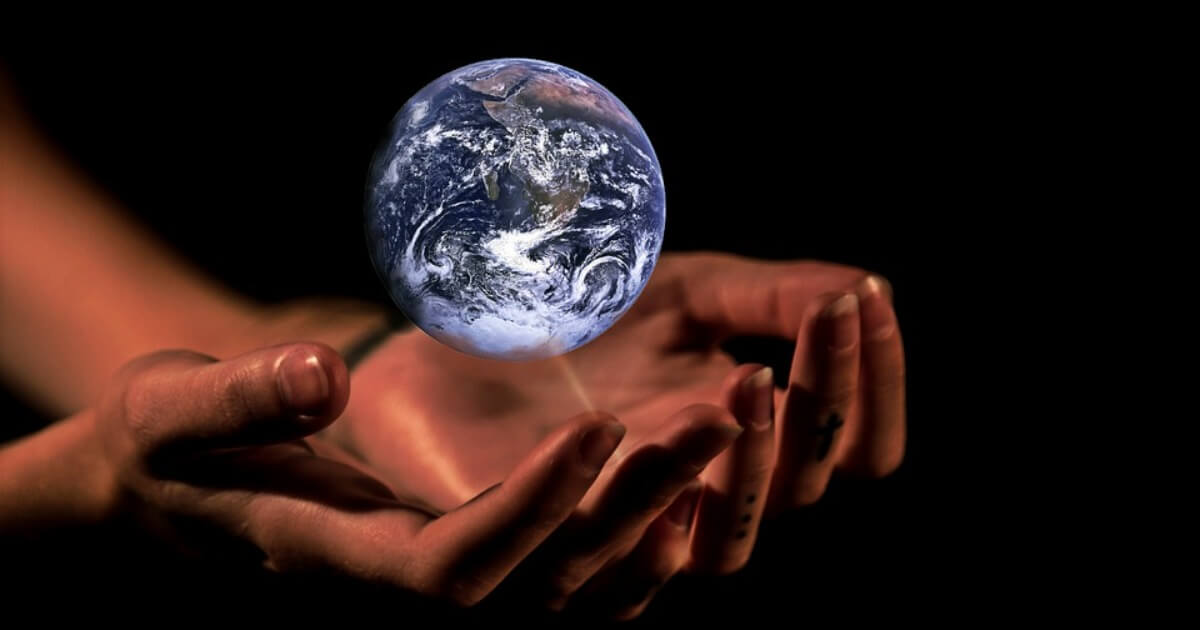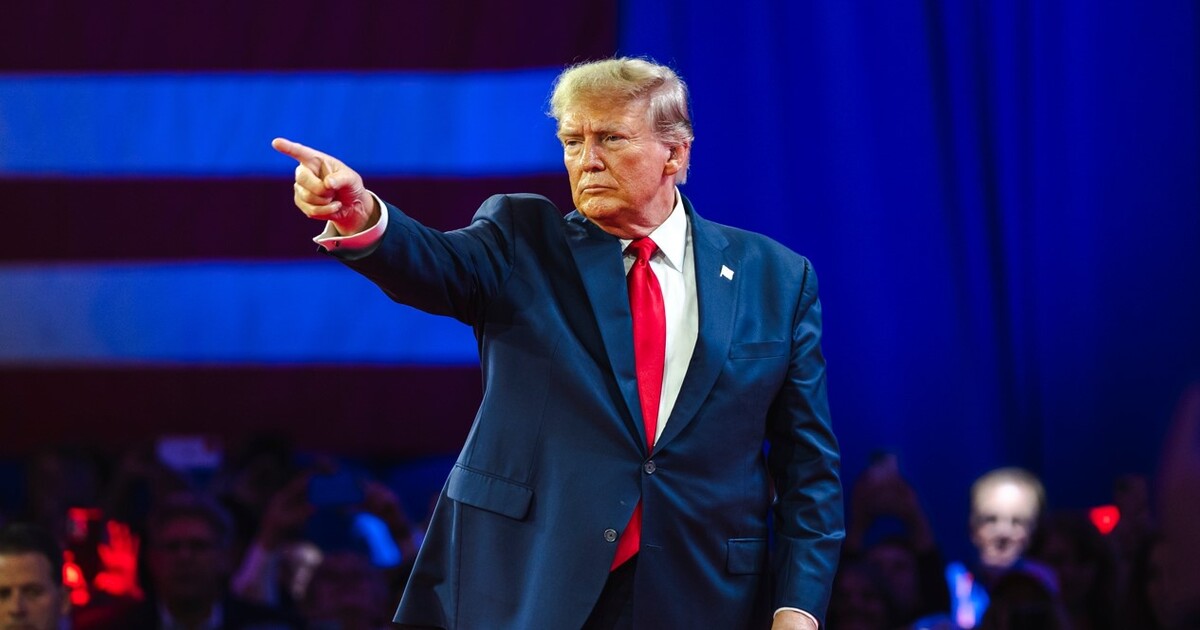Global Upheaval: The Sad New Normal
Instead of strengthening and stabilizing institutions, we are allowing them to fall.
December 23, 2016

As we approach the end of the year 2016, the world is in a sorry state indeed. The list of things afflicting the planet – ranging from tragic to unacceptable – is as long as it is depressing:
- A bloodbath in Syria
- An unprecedented refugee crisis
- Brexit?
- Climate change and mass extinctions
- Cyber attacks
- ISIS atrocities
- Mega bailouts
- North Korea testing nuclear weapons
- Racism becoming popular
- Renewed arms races
- Rising nationalism and authoritarianism
- Russia annexing territory of sovereign states
- Terrorist attacks
- Truth becoming an ambiguous concept
- And, to top it all off, Donald Trump as U.S. President
This is a sad list indeed and, when reading it, one cannot help but wonder: How did we get to this?
More importantly, how do we get out of it? Unlike in the past when the world was in upheaval, identifying a main cause of the current sorry state of affairs is not a straightforward exercise.
The modern world is multidimensional, interconnected and infinitely complex. As a result, its current problems are caused by myriad factors.
This means that one thing is certain: If we are to solve them, we must work together.
Easier said than done
That may sound good on paper – or in this case on a computer screen – but the contemporary world is moving away from internationalism.
Britain is leaving the EU, Russia is withdrawing from the International Criminal Court, Donald Trump is questioning free trade and even NATO.
Traditionally liberal and internationalist nations are now choosing isolationism and protectionism, leaving fewer and fewer to “fight” for the liberal internationalist cause.
The way forward
In times of crisis, established international organizations become more important than ever. This is because International organizations facilitate cooperation, enforce common rules, and therefore have a moderating influence.
They are indispensable for coordinating multilateral responses and must therefore be central to any serious attempt at solving issues that have global dimensions.
They include the United Nations, the Organization for Economic Cooperation and Development, the European Union, the World Trade Organization, the European Central Bank, the International Monetary Fund, the North Atlantic Treaty Organization, the World Bank, the International Criminal Court and the G20 among others.
These organizations cement the global system and, if they fragment, so too does international order. Without them, it would be every nation for itself. It would be the Wild West. It would be might is right.
Cannot retreat to confines of “nation-state”
These very institutions, however, which are the best starting points for solutions in a time of increasingly omnipresent global upheaval are the targets of so much ire. They are lambasted by both the general public and its leaders.
These institutions need to be strengthened, streamlined and improved, to be sure. But the lack of internal institutional reform stems more from a lack of cooperation among key countries, as most problems do, rather than from some inherent fault.
Nevertheless, these global institutions are attacked daily as the source of all ills. Their total abolition is sought without call for replacement or improvement.
This will not fix the drumbeat of unending crises. A retreat to the confines of the nation state is a step backward and will exacerbate, and not alleviate, the situation.
The point must be driven home again and again that none of the major challenges facing humanity can be effectively tackled, let alone solved, by individual countries.
To believe otherwise is ludicrous. So is the belief that by ignoring them as somebody else’s problem they will simply go away.
Could the list get longer?
The long list of ills plaguing the world in the twenty-first century necessitates its leading actors, smaller nations and emerging economies sitting at the same table. They must jointly come up with, and jointly implement, solutions.
As the United States is a key economic, political and military player, how the administration of Donald Trump develops will have a significant impact on how this plays out.
Let us hope that his campaign promises were just hollow rhetoric or our sad list will get even longer in 2017.
Takeaways
Read previous

Global Governance
Trump Vs. Globalism
December 22, 2016
